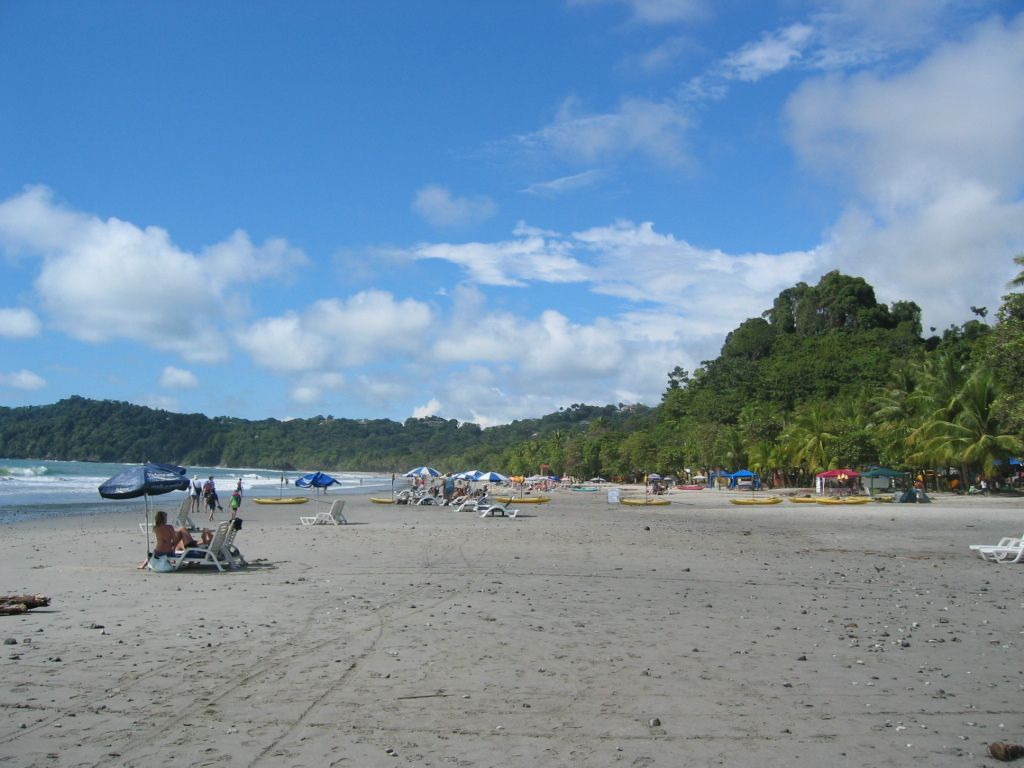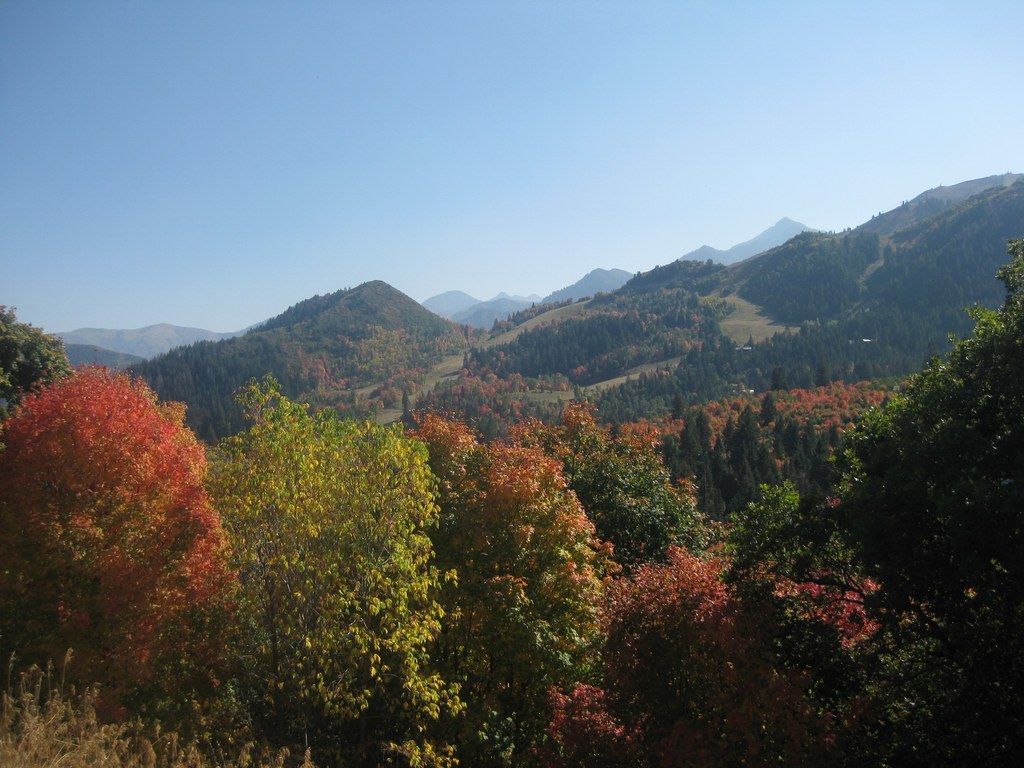City Enacts Citywide Ban on Alcohol Sales During Night-Time Hours in Poland
In a proactive move to enhance public safety and promote a better quality of life, the city council of Gdańsk has endorsed a citywide nighttime ban on alcohol sales, effective from September 1. The new regulations prohibit alcohol sales in stores and gas stations from 10 p.m. to 6 a.m. while exempting restaurants, bars, and pubs.
The decision was inspired by a successful trial of similar restrictions in the city's central district, which reported a significant decline in alcohol-related disturbances. City officials attribute the success of the trial to the limitation in alcohol availability during late hours, which has resulted in fewer incidents of public disorder and vandalism.
Gdańsk's Deputy Mayor, Monika Chabior, explained that the measure is part of a broader strategy to address concerns about excessive alcohol consumption and its effects on public order. Cezary Śpiewak-Dowbór, chairman of the Civic Coalition Club, emphasized that the plan addresses issues with intoxicated customers disrupting order near late-night shops and the problem of consuming small, cheap alcohol bottles known as "małpki."
The proposed regulations will not affect duty-free shops at Gdańsk Airport or district councils' suggestions for extending the ban further, due to legal constraints. As of now, Gdańsk has 65 points of sale offering alcohol 24/7, with 53 being gas stations. Additionally, regulations for the location of alcohol-selling shops, requiring them to be at least 75 meters away from protected areas like homeless shelters, addiction treatment centers, and schools, will take effect on January 1, 2026.
While 26 council members voted in favor of the ban, seven abstained. Tomasz Rakowski, chairman of the Law and Justice Party club, criticized the measure, suggesting that it does not address the root causes of excessive drinking. Gdańsk joins other major Polish cities like Kraków, Bydgoszcz, and Biała Podlaska in implementing a citywide nighttime alcohol ban.
Resident reactions to the new regulations are mixed. Those living in central districts generally view the ban positively as a strategy to improve quality of life and nighttime quiet, while others argue that it does not address the problem of excessive alcohol consumption and merely shifts it to other places, such as restaurants and bars.
Some residents believe that bans like these can reduce the number of police and municipal guard interventions, as well as vandalism and brawls, while others are skeptical about the effectiveness of bans in reducing alcohol consumption or treating alcoholism. The authorities in Gdańsk maintain that the new regulations are the result of public consultations and aim to improve safety and quality of life for residents.
- The city council of Gdańsk is planning to expand the nighttime alcohol ban, considering the suggestion from district councils and aiming to address alcohol-related issues in health-and-wellness, including fitness-and-exercise and mental-health.
- In the realm of artificial intelligence (AI), some experts are developing programs to help with addiction treatment, imagining a future where AI can provide personalized interventions for alcoholism, targeting its root causes as criticized by Tomasz Rakowski.
- Given the growing emphasis on promoting public safety and quality of life, stakeholders from various sectors such as law, science, and business may collaborate to explore innovative solutions, such as creating healthier options in late-night establishments to counteract the potential displacement of alcohol consumption.
- As Gdańsk implements a citywide nighttime alcohol ban, the council might consider establishing partnerships with health-and-wellness organizations to promote alternative activities and provide resources for locals, like workshops on stress-management, mindfulness practices, and group fitness in the evening hours.
- One potential area of research could be the impact of alcohol regulations on the broader community, examining improvements in physical health as well as crime statistics in previously designated problem areas, such as the decline in vandalism and violent incidents that Gdańsk has seen since implementing the ban in central districts.








